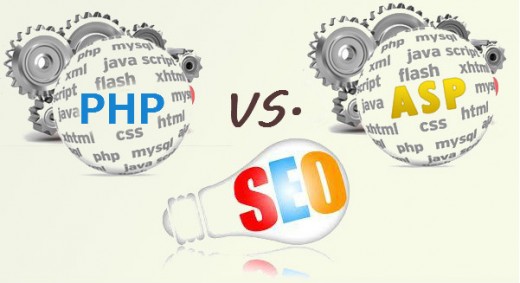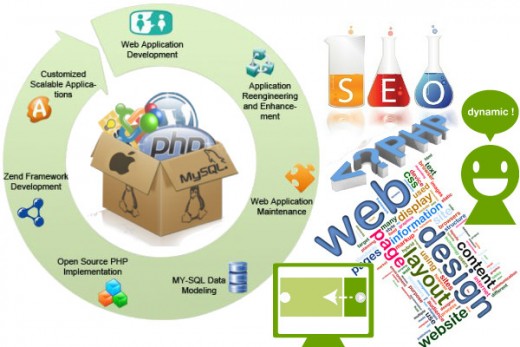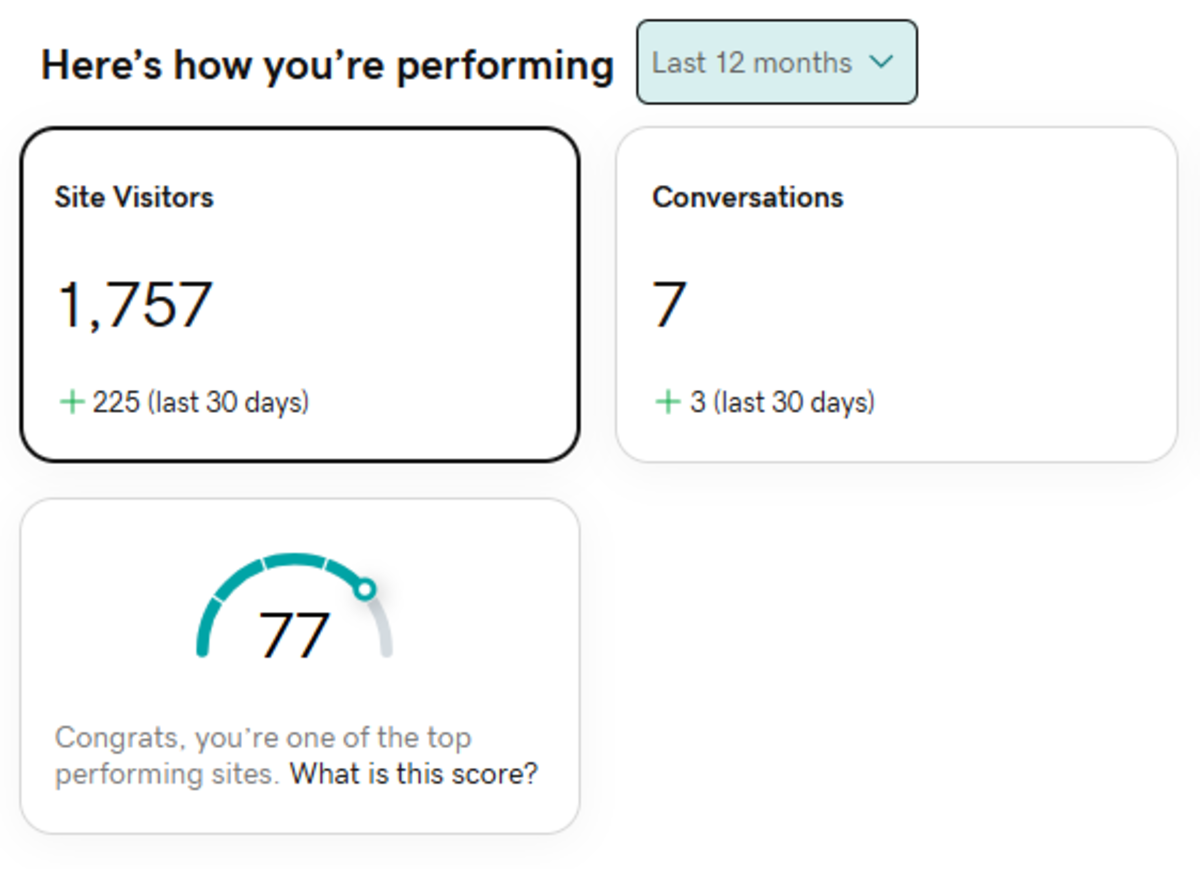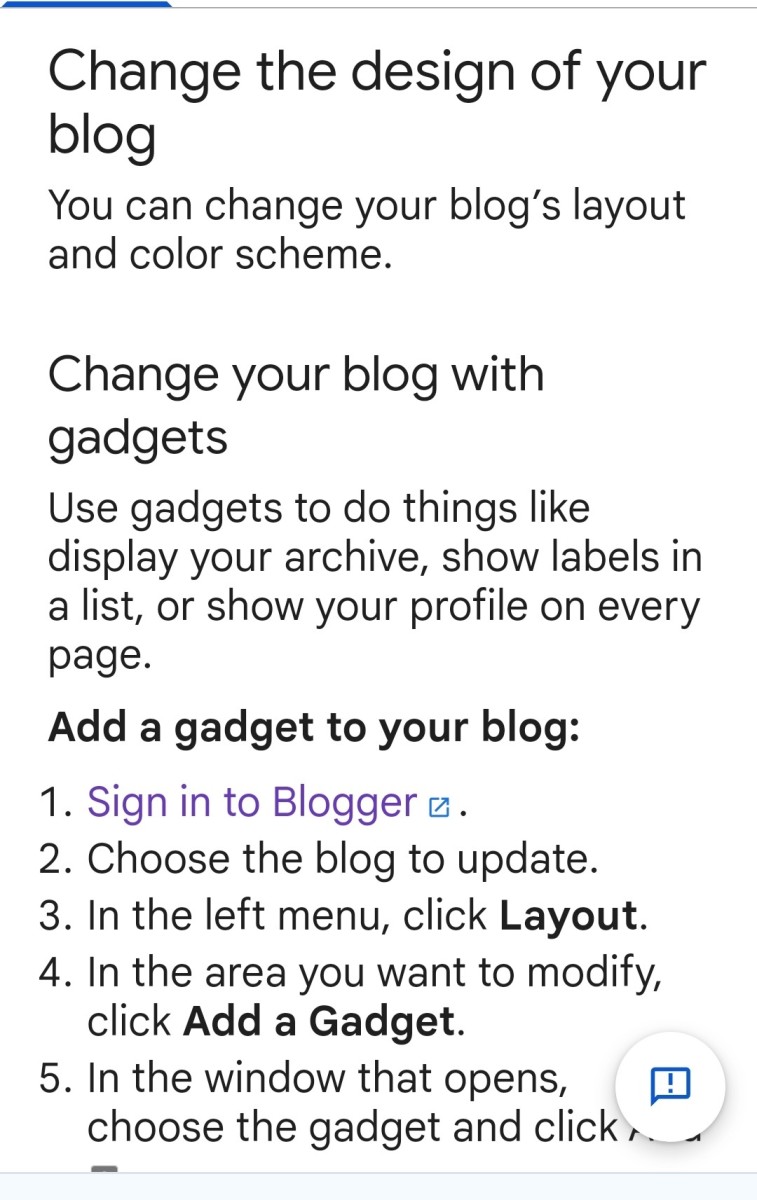How to Develop an SEO Friendly PHP Website?
Currently, SEO web design is the most promoted product for the online businesses to achieve their sales targets. Yes, fetching a good traffic from Google or other search leading engines is being possible with SEO campaigns. On-page optimization, off-page optimization, and technical factors are the three prime elements of bringing SEO success for a website. So, the need of SEO friendly programming language can be fulfilled with PHP. For a better search engine visibility of the web pages, the web developers should follow the following tips while developing a SE friendly website.

• Clean URL structure:
Dynamic URLs and season IDs in URL are not good so the developer need to use a unique PHPSESSID variable. If the season IDs will be included in URLs so, the search engines will treat a single page with different season IDs as different pages. It leads to duplicate content which is punishable by search engines.
Use keyword rich permalinks with url_rewriter tags, which makes the URLs friendly for both search engines and visitors. Also decrease the use of special characters other than the hyphen (-) symbol.
• Avoid canonical errors:
Search engines treat www and non-www sites differently if also they contain the same content. Duplicate content issue may arise, so use 301 redirection. In this concern the PHP developers need to spend more time on the homepage as the site.com/index.php will be treated as different to site.com.
• Putting right heading and bold tags:
Optimizing the website for search engines in the development period carries a lot of responsibilities and adds more tasks for the web developers. Creating a dynamic header (header.php) and using unique values for Meta of singular web pages is a must do act for designing an SEO website. So, at the time of coding, using of page-specific PHP variables get’s the work done. $pageTitle, $pageDescription, $pageCanonical, $pageKeywords, $pageRobots, etc are the significant SEO stuffs for On-page optimization of a PHP website. Also, using H1, H2, H3 and <strong> attributes in a webpage improves it’s indexing possibility.

• Cross browser issues:
In this mobile web age, we can’t rely upon the desktop users only as the growth rate of internet on mobile browsers created a milestone in the last few years. SEO is now promoting user experience and the cross browser compatibility will surely impress both visitors and the search engines. Coding a responsive or mobile friendly website using PHP language is not a hard task for the experienced web developers.
• Navigation and links:
Both of these are vital in bringing SEO success for a website. It is proved that the Google and others like easy to navigate websites. So, use texts based navigation as well as try to have breadcrumbs which provide more flexibility for a user for browsing the site effortlessly. Links, both inbound and outbound, carry the scores of getting good link juice. Using diverse and relevant anchor texts for hyperlinks and declaring rel=nofollow/dofollow attributes is advised.

Advantages of PHP (compared to ASP):
- The accessories or software required for a functional web server for PHP websites, i.e. Linux OS, Apache server, MySQL server, and PHP can be installed or upgraded at free of cost with no restriction. But the MS Windows Server and MS SQL Server (used for ASP) licenses need to be purchased which proves PHP is cost effective.
- ASP.net holds about double time for coding or deployment than PHP so, choosing PHP is wise for the busy web developers concerning time.
- Talking about support, as an open source platform, PHP (with LAMP - (Linux, Apache, MySQL, PHP) has a lot of resources and support options.
- According to most of the research data sources, the communication between PHP and MySQL is a little bit faster than ASP.net and MSSQL. Google, Yahoo, Facebook, Wikipedia, YouTube, etc like some high traffic websites are using MySQL so there is no doubt about the performance of PHP’s preferred database management system i.e. MySQL (by Oracle).
- The ext4 file system of Linux OS (supports PHP) has a better performance record than MS Windows OS’s NTFS (used for ASP) during Input/output (IO) process.
- The Linux web servers with LAMP platform use comparatively fewer server resources, i.e. CPU and Memory.
- The PHP developers got the flexibility choose their own editor, but this feature is not associated with ASP. Using VI and VIM editors, the PHP developers get access to use and integrate other important platforms like Ajax, JavaScript, JQuery, etc due to developing on an open source platform.
- PHP is supported on any OS platforms like Linux, Mac (Mac OS X), UNIX and Windows also. But ASP is limited to only with MS Windows OS.









